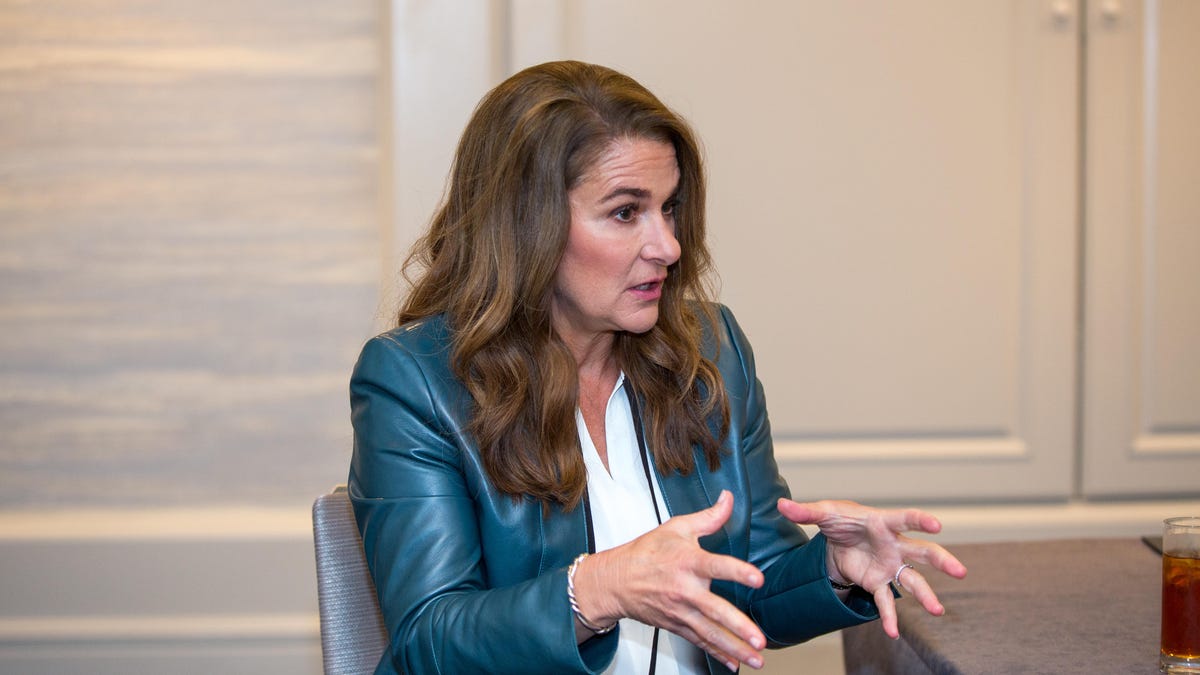Melinda Gates warns of toll coronavirus is taking on women globally
Gates says a pandemic like coronavirus can affect not only women's health but economic opportunity.

Melinda Gates is speaking out about how coronavirus is affecting women.
While a disease like COVID-19 doesn't actively chose who it infects, it can still have a more drastic impact on certain groups of people, like women.
In an piece for Foreign Affairs on Wednesday, Melinda Gates made this point, discussing how pandemics and diseases -- like AIDS, Zika, Ebola and the like take a toll on women around the world in a variety of ways, from interfering with access to pre- and post-natal care, to increasing the weight of family care-related unpaid labor.
"As they infect societies, they expose and exploit existing forces of marginalization, seeking out fault lines of gender, race, caste, and class," Gates wrote.
Gates, who co-founded the Bill & Melinda Gates Foundation as well as venture firm Pivotal Ventures, has spoken out on issues of gender in the past. In October 2019, she committed $1 billion over the next 10 years to advancing gender equality. In August 2019, she launched the Equality Can't Wait campaign featuring a slew of comedians highlighting that it will take 208 years to reach gender equality (economic and otherwise) without intervention.
The piece also comes at a time when coronavirus cases are spiking around the country. Just Thursday, the US hit its highest single-day record for new cases.
Gates ran through how the disease affects women, even if they're not actually infected. For example, in some low- and middle-income countries, fewer women than men have access to mobile phones and internet, which can be barrier to everything from continuing their education online to having access to mobile bank accounts. Because women's businesses can be smaller and earn less revenue than men's, they may not be able to access government loans.
In terms of health, Gates talked about how overwhelmed health care systems can make it harder for pregnant women to get the care they need.
On the job front, she said women's jobs are about 1.8 times more likely to get cut than men's during this recession, and now, as schools and childcare are no longer options, women maybe have to leave their jobs in order to assume family care responsibilities.
Amid all these concerns, Gates also pointed out actions that can be taken to address some of these issues, like employers offering flexible work schedules and governments creating policies with women's need in mind -- such as making sure women-owned businesses receive aid and benefits.
"If policymakers ignore the ways that the disease and its impacts are affecting men and women differently, they risk prolonging the crisis and slowing economic recovery," she wrote.

